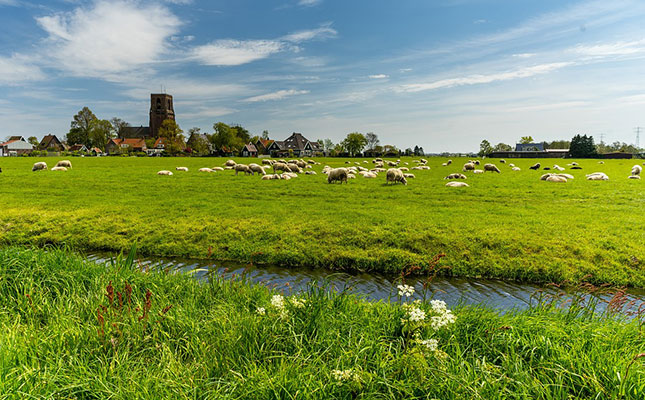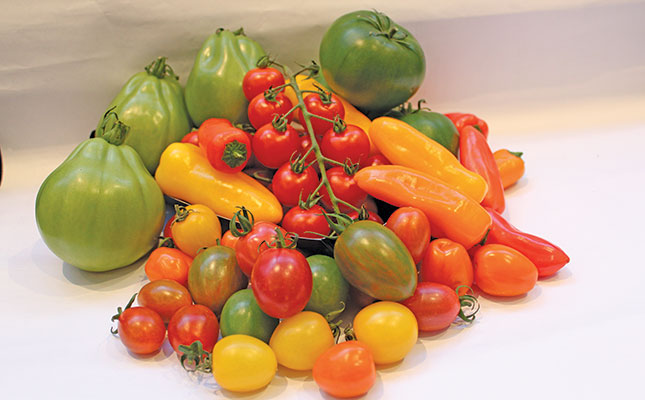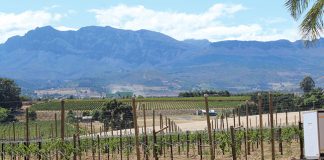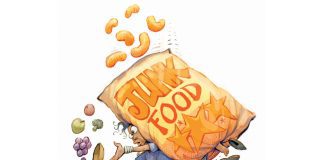
Photo: Max Pixel
A case in point is the Netherlands, a developed country in Western Europe. Farmers and the government here have been at odds for many months, due to the government’s decision to cut nitrogen emissions, which would mean the closure of thousands of farms.
Recently, the government announced it would shut down 3 000 farms located near ‘environmentally-sensitive’ areas. The closure of these farms is so that the Netherlands can adhere to EU policies and regulations on climate-change mitigation. The government announced in that country’s parliament that farmers would be paid “well over” the worth of their farms, The Telegraph reported.
The promise of payment, of course, is not an issue here, and does not solve the greater problem that by closing farms, the Dutch government is destabilising food security in the country.
It is also putting thousands of people out of work, because farms are not run by farmers alone. And even for those farmers who do receive compensation, the money they will get is likely to be enough to support them for the rest of their lives.
Their means of generating income has suddenly become invalid, and for no other reason than compliance with policies that are questionable at best, and treasonable at worst.
But the Dutch government is only one to fail in the support of their farmers. In the UK, some analysts have predicted food shortages in the near future, as friction between the UK and its trade partners heats up. Another reason for possible shortages is the government’s lack of support to farmers, various media outlets reported.
The UK is only self-sufficient in 55% to 60% of agricultural commodity demands. This is quite low, and it’s expected that this percentage may drop further.
The push against farmers is a current global phenomenon, and when not passively standing by while farmers cope with high input costs, droughts and floods, some governments are apparently working towards the destruction of farming operations.
If you’re not a farmer, it’s easy to ignore these changes in the attitude of society and governments to farmers. However, it’s not prudent to do say.
The old adage, “If you’ve eaten today, thank a farmer”, runs as true in modern times as it did hundreds of years ago. Society simply cannot survive without food, and food is produced by farmers.
Governments are failing farmers. By failing farmers, they are failing us.
Society relies on farmers, and never is it more apparent than when supermarket shelves run empty. Perhaps this is a case of not appreciating something until it is no longer there, but I hope for all our sakes that we don’t get to that point.
A little support goes a long way, and I hope that the world soon realises that we can do without private jets, but we cannot do without farmers.










